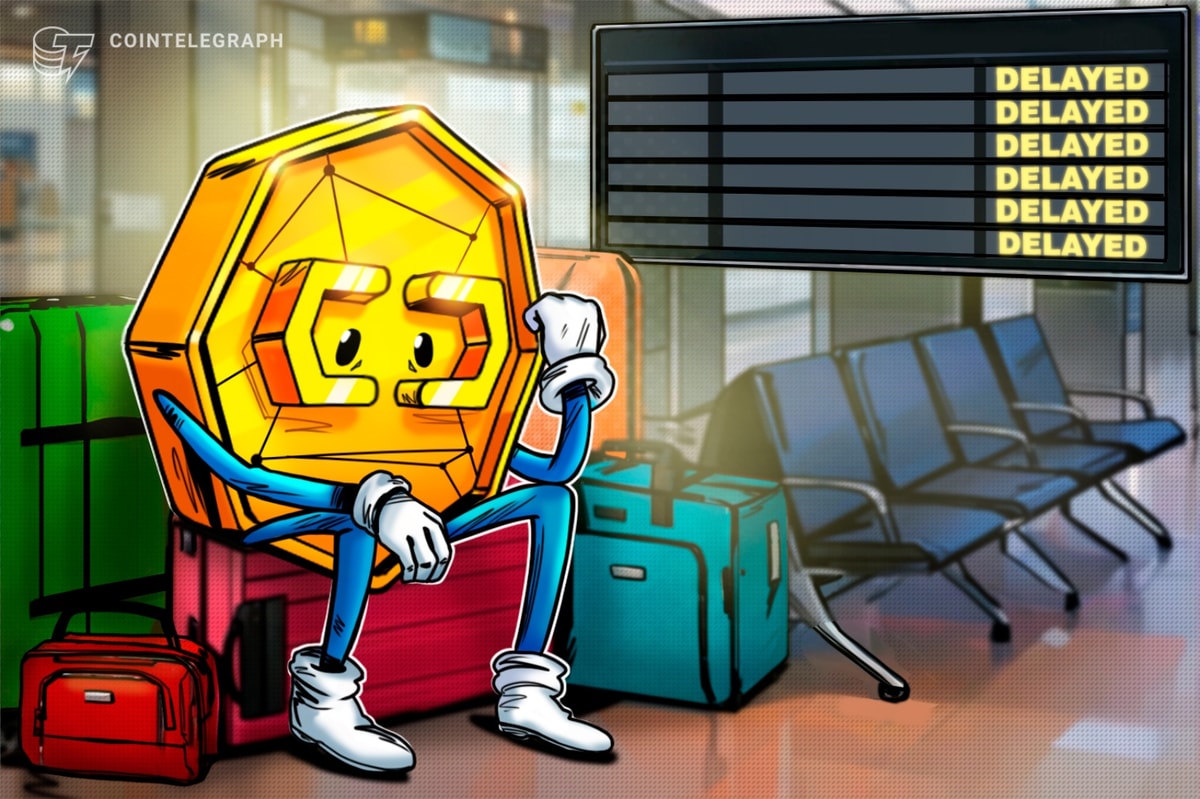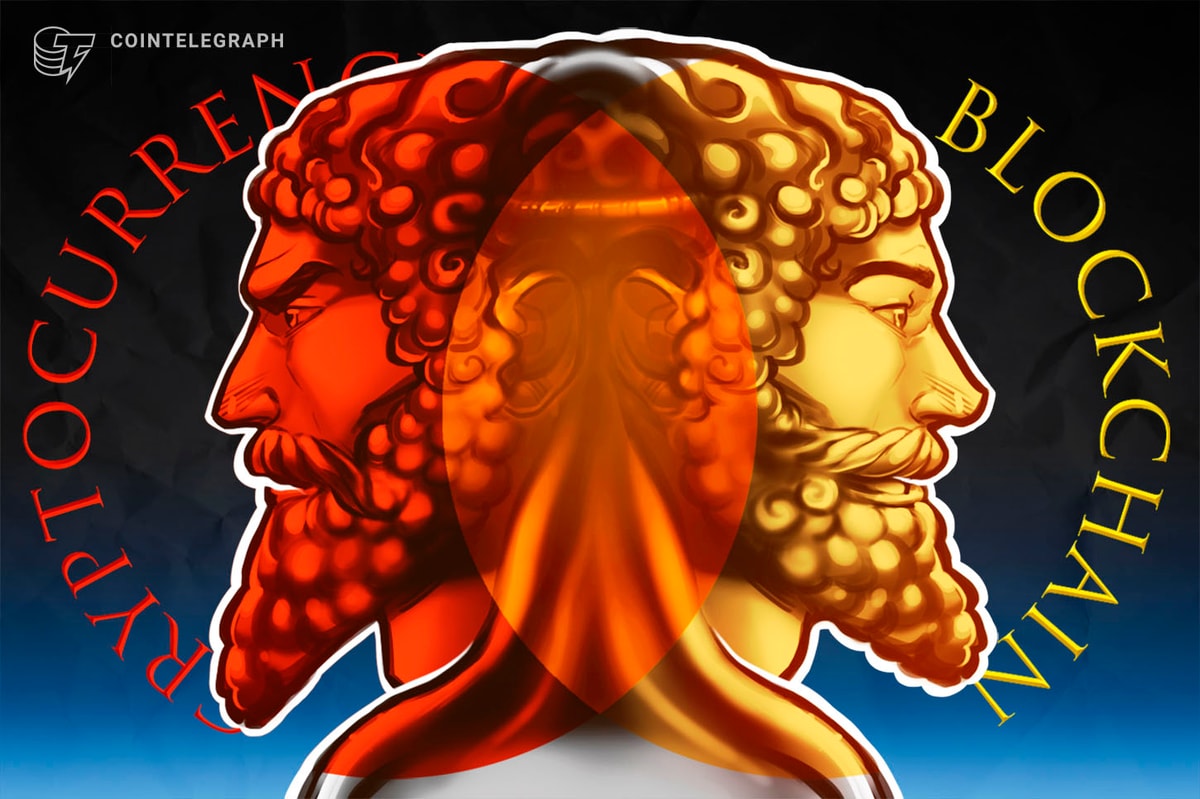
BitGo Inc., a multi-signature security company, announced the release of its newest product, BitGo Instant, which removes transaction delays completely.
Along with its announcement of BitGo Instant, the company has also announced its launch partners for instant transactions.
“At the beginning of this week, we had six partners. At the end, we had 10. It’s not all exchanges,” Ben Davenport, CTO of BitGo, told Bitcoin Magazine
. “We have a few consumer-facing apps like Fold App. All of these guys are signed up to receive BitGo transactions. Anyone with a BitGo wallet will be able to send to these businesses instantly and be credited on their exchange trading account.”
The company announced that it had signed up Bitfinex, Bitstamp, CoinHacko, Fold, Korbit, Kraken, SFOX, ShapeShift, Genesis Trading, and Unocoin.
When a bitcoin transaction is sent, it is not considered safe until it has been included in a block of transactions (“confirmed”) by a miner and been published to the network. The more confirmations that a transaction has, the harder it is to alter that transaction.
The problem is that a confirmation takes approximately 10 minutes, which is the average time it takes for a miner to find a block. For high-value transactions, many Bitcoin companies require 6 confirmations of a transactions, which should take about an hour.
BitGo Instant works on the same multi-signature technology that BitGo uses for security. Each BitGo Instant wallet has three keys. One is held by the user, one is held by BitGo, and the final is held by a third-party key recovery service (KRS). Any time that a transaction takes place, it necessitates two signatures: the user and BitGo. To commit a double spend, a user would have to collude with the KRS.
“What this allows us to do is, since we have a relationship with the KRS, they will have to communicate with BitGo before they execute an action for a user. As long as the KRS is being the disaster recovery, we’re not worried,” Davenport explained. In essence, if the KRS is used to sign a transaction, it will have to tell BitGo, which will then lock the wallet from participating in BitGo Instant.
Because BitGo is so confident in its ability to offer instant transactions without the fear of double spends, BitGo is willing to cover the cost of any bad transactions.
“What we actually do is, when we sign one of these transactions, we produce a cryptographically signed guarantee with financial backing, which is available to the recipient. If that transaction fails to get confirmed within a certain timeframe, for whatever reason, then they’re eligible to make a claim against BitGo and be compensated,” Davenport said. He went on to say that this differed from its insurance policy, which is meant to protect against theft on a BitGo wallet. “We have not had any claims on that. This is separate. This is backed by BitGo directly.”
Arbitrage Opportunities Become Available
One use case for BitGo Instant is the possibility for arbitrage between exchanges. The price of Bitcoin can vary between different exchanges, so there’s an opportunity for a trader to make a profit by buying at one price and selling at another. Traders can miss out on these opportunities when transferring from one exchange to the other because of the waiting time needed for confirmations in the blockchain.
Davenport explained that, while this isn’t the primary use case, it is certainly one that they had considered because there are so many exchanges that use its technology.
“Kraken and Bitstamp have signed up to allow their customers to do direct withdrawal. You would be able to move bitcoin instantly from Bitstamp to BitFinex, and from Bitfinex to Kraken and then to any of our other BItGo Instant partners,” Davenport said.
But while the ability to move bitcoin from one exchange to the other would provide some level of arbitrage for selling bitcoin, there remains the fiat problem for arbitrageurs.
“We recognize this doesn’t completely solve the problem for arbitrageurs because there is the fiat currency side of arbitrage. Unfortunately, fiat still moves at the Old World speed,” he said.
“I think what makes BitGo Instant different is transactions are on-Bitcoin-blockchain (no additional new blockchain or hardware); our network is open access. Anyone can get an Instant-send-capable wallet. Anyone can receive it. And the technology is available today and is easy to integrate,” Davenport said.
BitGo Instant Open to All
“Anybody can query if a transaction is guaranteed by BitGo even if you don’t have a BitGo wallet. That side is completely free,” Davenport explained. By utilizing the BitGo API, any business could integrate with BitGo Instant to open up the potential for 0-confirmation transactions backed by BitGo.
“There is a charge on the sender side. When you want to send the BitGo Instant transaction, there is a 0.1 percent fee paid to BitGo. Anything below 1BTC is free.”
Fundamentally, what BitGo is offering is its assurance that it will be able to catch every attempt at a double spend, thus preventing individuals from defrauding others with 0-confirmation transactions.
“People just want to know that someone has their back on a transaction, and that’s all they want. They know that BitGo stands behind its transactions,” Davenport said.
Jacob Cohen Donnelly is a consultant and journalist in the Bitcoin space. He runs a weekly newsletter about bitcoin called Crypto Brief
.










